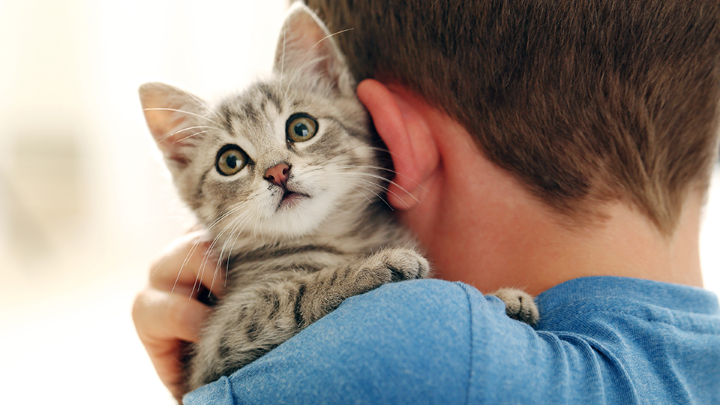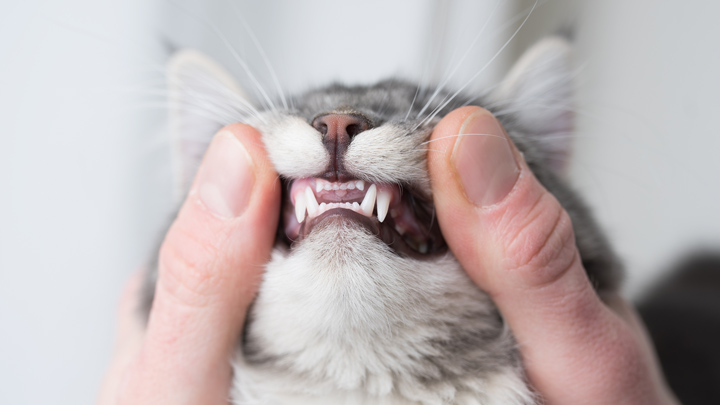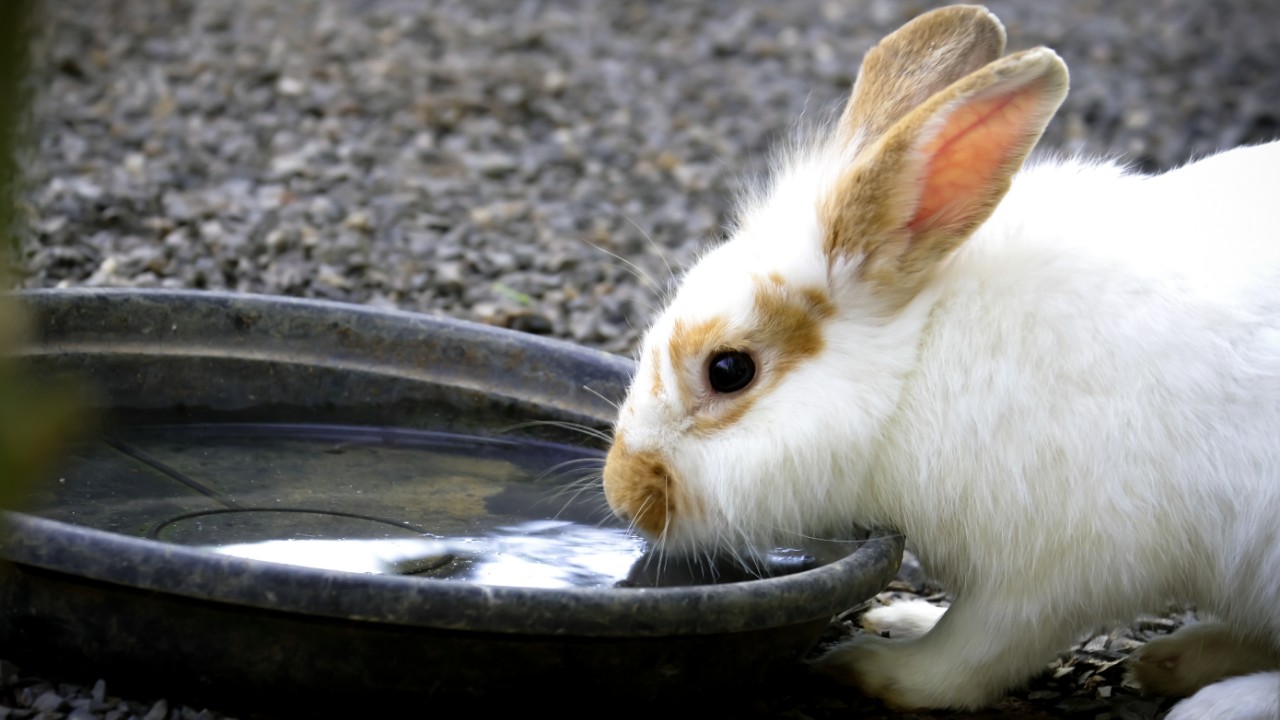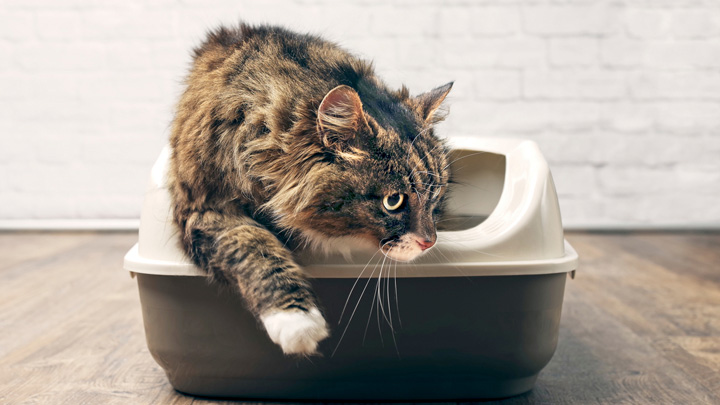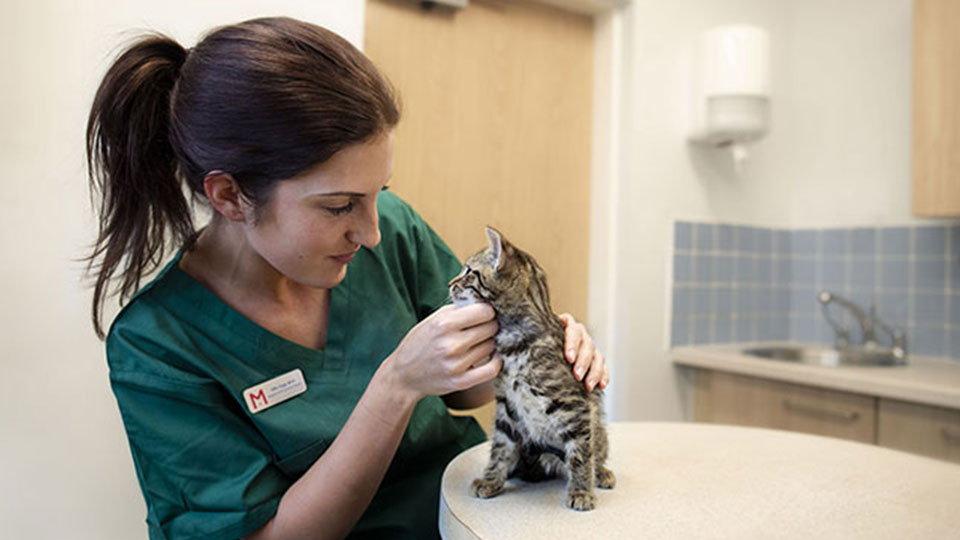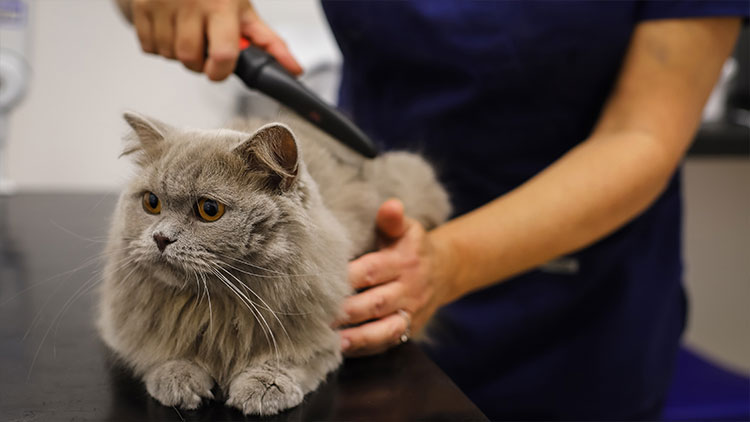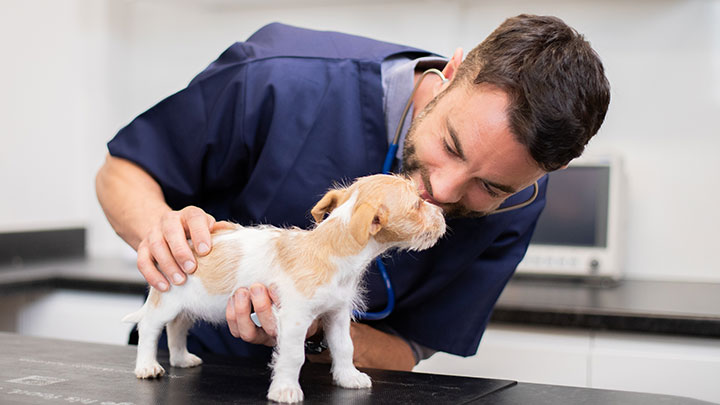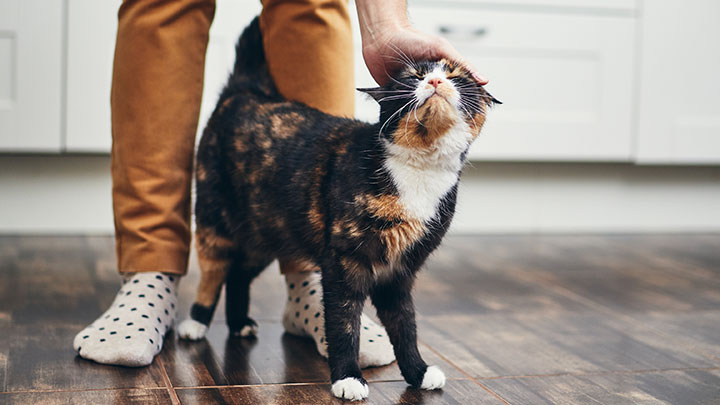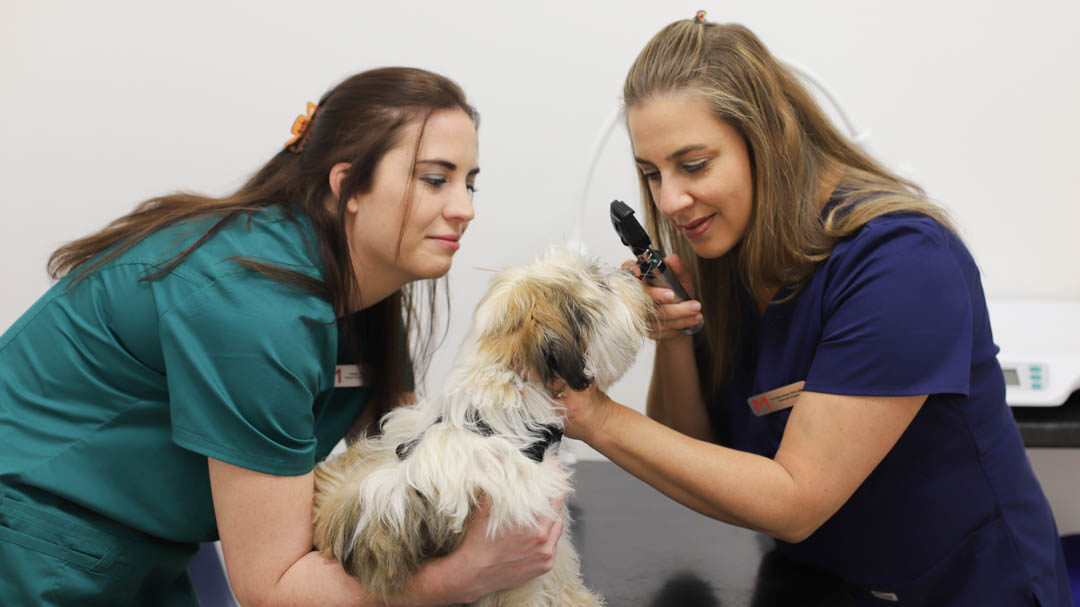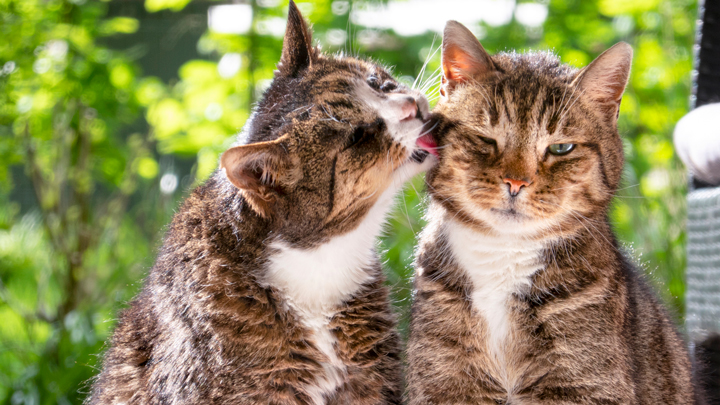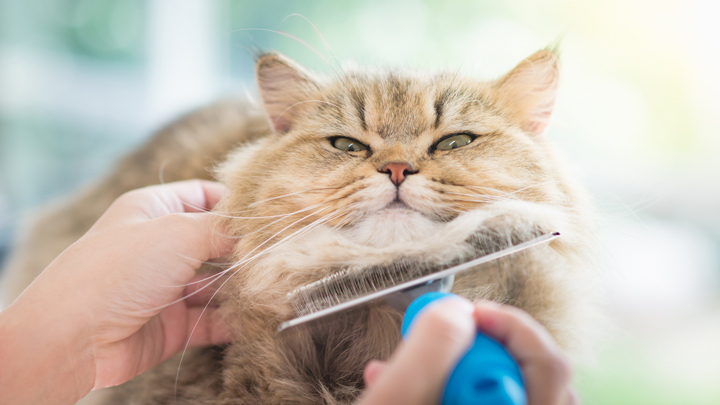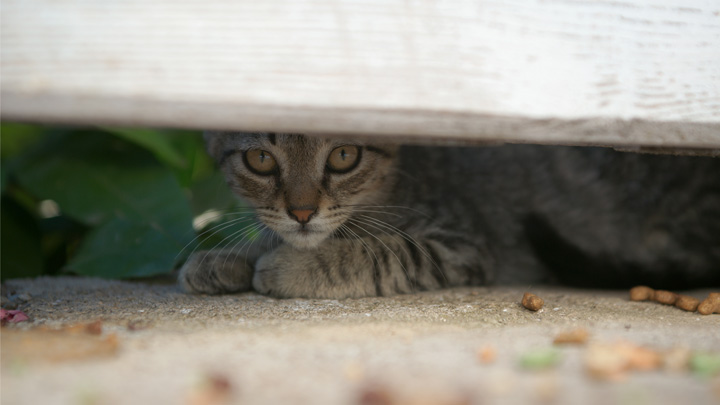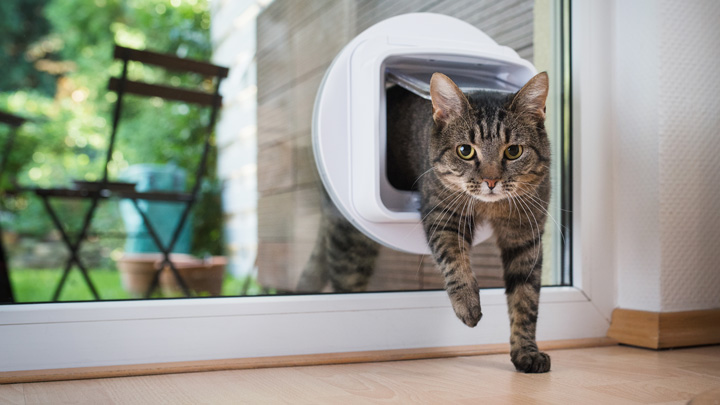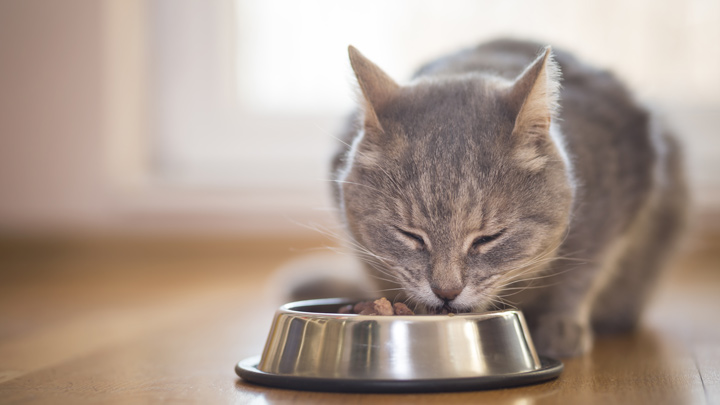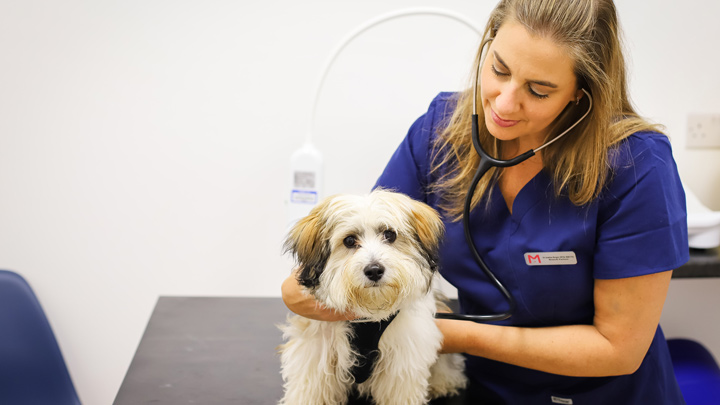What Is Toxoplasmosis?
Toxoplasmosis is a common disease caused by the parasite toxoplasma gondii, which can infect most warm-blooded animals.
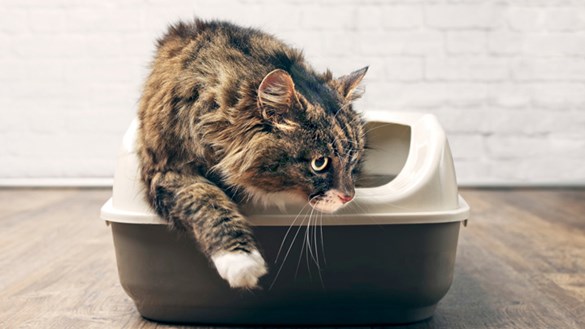
Toxoplasmosis in cats
Cats are the definitive hosts of the parasite, meaning that once they become infected (usually by eating infected prey animals such as rodents and birds), the parasite multiplies in their intestines and eggs are shed in their faeces. These eggs are called oocysts.
Humans and all other animals are intermediate hosts, meaning the parasite can live in their systems but doesn’t reproduce.
Cats most often become carriers of toxoplasmosis by hunting and eating an infected wild animal. However, they can also contract the disease if they come into contact with infected cat faeces or eat raw or undercooked meat.
Most cats become immune to the disease through exposure to the parasite, however, those who aren’t already immune may experience mild diarrhoea and loss of appetite. Occasionally the disease can also affect their lungs, liver and nervous system; kittens who have been exposed to the parasite in the womb are the most vulnerable.
If your cat is showing the symptoms of toxoplasmosis, your vet will be able to prescribe antibiotics to help slow down the process of infection. There is currently no absolute cure for toxoplasmosis, but treatment is very effective.

Toxoplasmosis in humans
There is a small chance that you could contract toxoplasmosis through contact with cat faeces, but it's also possible to contract it through unhygienic handling of raw or undercooked meat or drinking contaminated water.
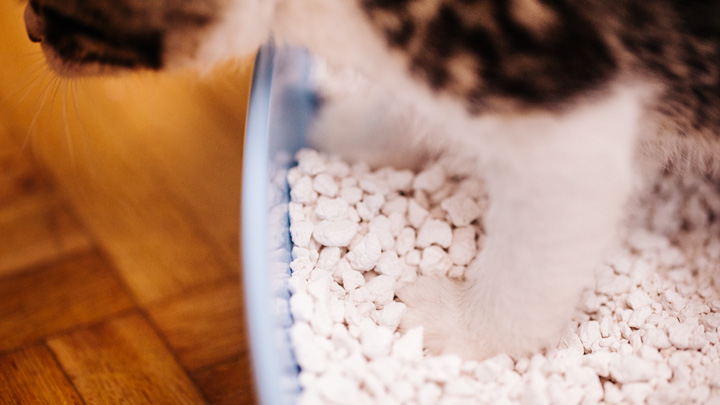
Up to half of the world’s population is infected by toxoplasmosis without any symptoms, as most healthy people are immune to the disease. When illness does occur, symptoms include fever, swollen lymph glands, headache, sore throat and muscles aches and pains.
People with a weakened immune system are more at risk of falling seriously ill from the disease. This is because they’re less able to fight off the disease.
People who are more at-risk include:
- Pregnant women
- Those with weakened immune systems

Preventing toxoplasmosis
There are a number of ways you can prevent toxoplasmosis if you’re pregnant or at a higher risk of infection, you should:
- Use disposable gloves when cleaning out litter trays
- Ensure that litter trays are emptied daily and cleaned regularly with pet-friendly disinfectant
- Cover children’s sandpits to avoid cats using them as a toilet
- Wear gloves while gardening
- Wash your hands before preparing food and before eating
- Wash hands, knives and chopping boards thoroughly after preparing raw meat
- Wash fruit and vegetables thoroughly to get rid of any soil traces
- Avoid eating raw or undercooked meat, while pregnant
Find your nearest practice
Book an appointment through My Medivet
Medivet clients can book and amend appointments online, access pet records and more.
Related Cat Advice

Pet Care & Advice
At Medivet, we’re committed to providing trustworthy, expert advice that helps you care for your pet.
Search advice

Medivet Healthcare Plan
On average our clients save up to £280 each year with the Medivet Healthcare Plan.
Learn more



